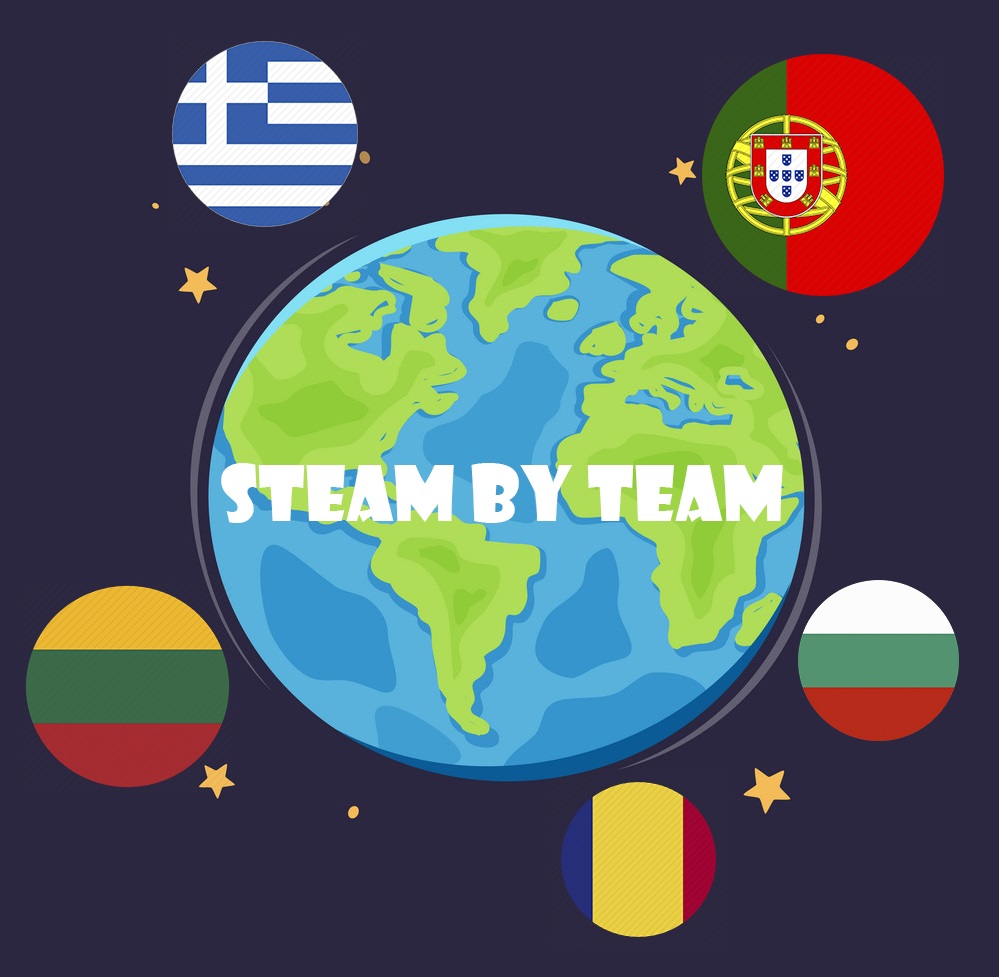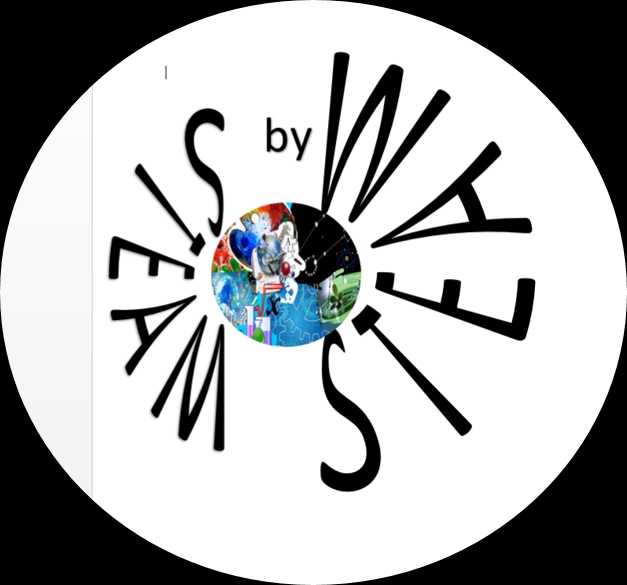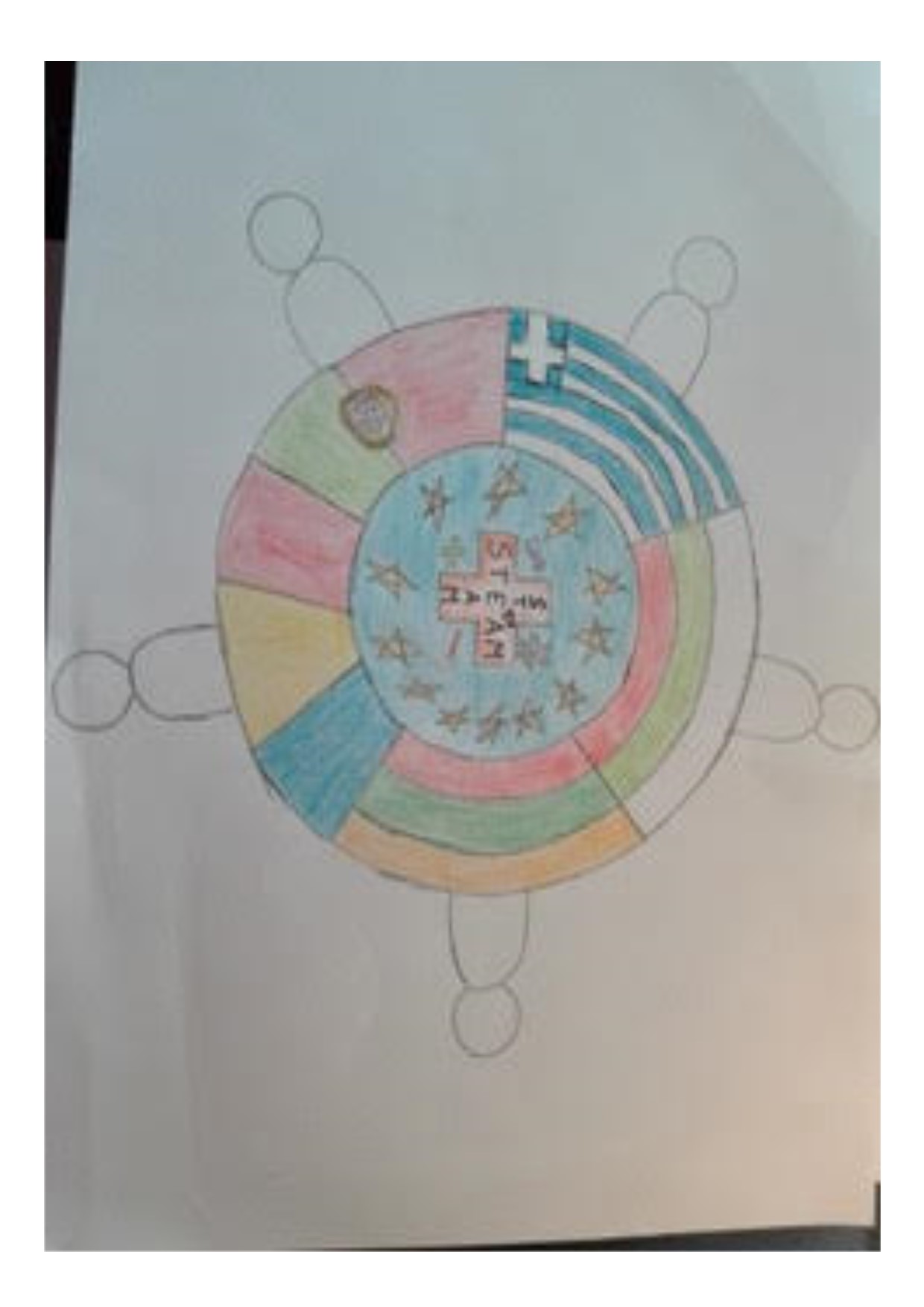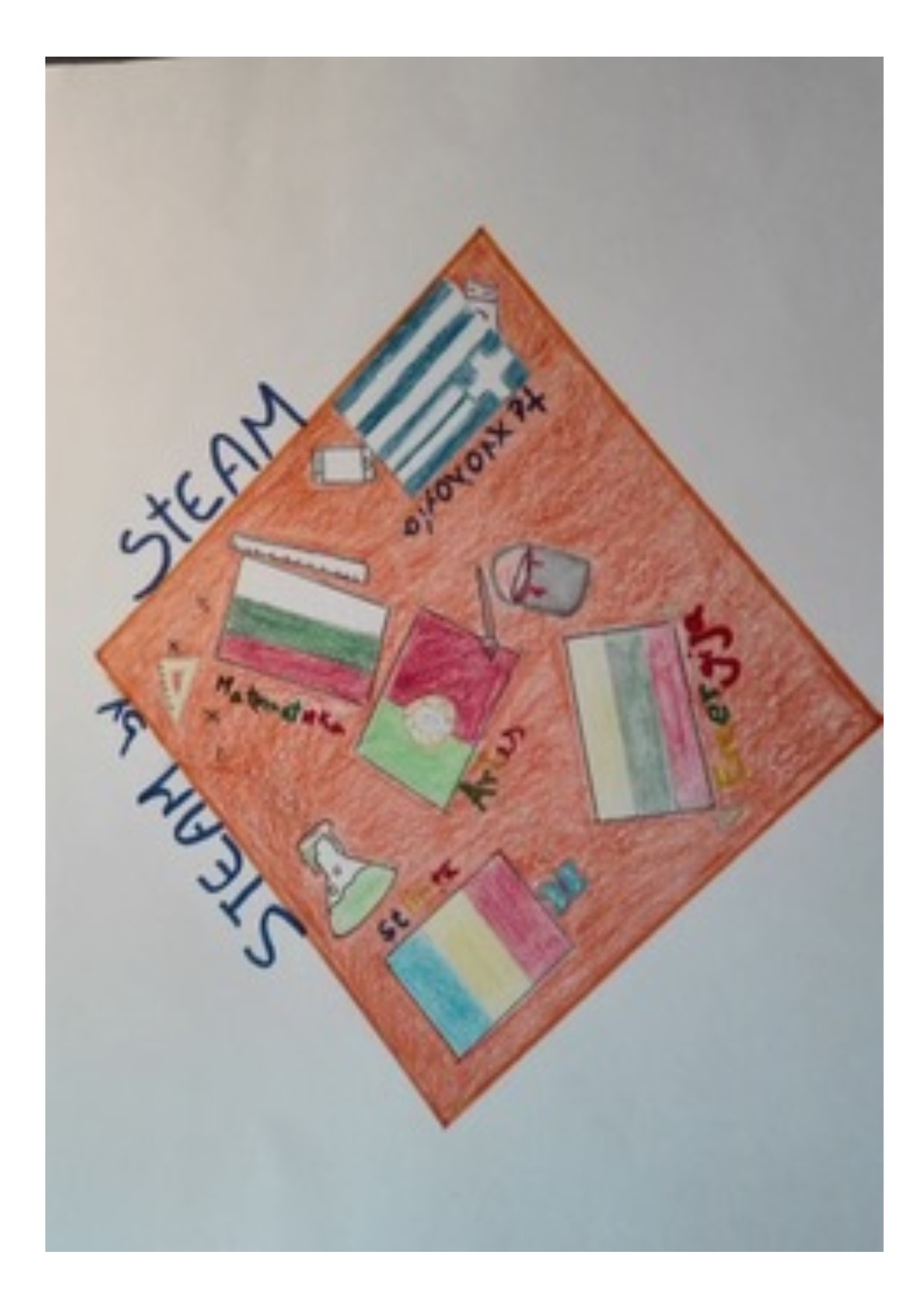STEAM is a curriculum based on the idea of educating students in five specific disciplines — science, technology, engineering art and mathematics — in an interdisciplinary and applied approach.
"STEAM by STEAM" project, or "Strategies for Teaching, Education And learning Motivation by STEAM (Science, Technology, Engineering, Art and Maths) approach" is a result of cooperation between 6 schools from 5 countries, having similar needs and objectives in terms of pupils' education.
It is designed for 24 months.
It aims to increase pupils’ motivation to learn and their school results in the partner schools, using STEAM as a way to develop essential skills, such as: pro-active attitude, problem solving abilities, creativity, multitasking, initiative, anticipation capacity, teamwork, empathy, through exchanging experiences and good practices.
The project is a way to apply some teaching/learning methods from a country to another, adapting them accordingly. It should be carried transnational, because it becomes a way to experience such methods with different pupils, school environment, teaching materials, also a framework to develop pupils’ essential life skills using partner schools’ lesson ideas.
The target group are pupils 6-14 years old, primary & elementary teachers from partner schools, parents, additional, teachers’ training centers, NGOs. The project objectives are: to develop teachers’ skills to plan and do lessons in a STEAM vision, through a training course on this topic; to apply the STEAM concept by the teachers, in lessons designed by themselves and by the partners; to create the framework of developing essential skills for pupils, using STEAM as a pathway, through lessons delivered in the schools by teachers from the partner schools; to develop a collection of ready-to-use STEAM professional development materials for teachers (lesson plans, games), uploaded on an on-line platform. By the end of the project, some results are expected: 40% kids from the partner schools become more motivated in learning, and this will be visible in their results, both in school and extracurricular activities; 40% of them learn problem-solving skills to become better thinkers, within STEAM lessons. This makes them more prepared for job markets after graduation; 40% teachers from partner schools created STEAM lessons in an integrated vision, due to the exchanging experiences during the project transnational activities and uploaded them into the on-line platform, to be visible and useful for other teachers; teachers participating into the transnational activities have developed communication skills in English and teaching skills to deliver STEAM lessons in the partner schools; partner schools learn how to adapt and arrange the school schedule, in order to offer the pupils creative, interactive learning activities, able to develop them essential skills; schools curricula focused on pupils’ complex and complete development'. The project is focused on two very important aspects. One of them deals with pupils’ essential life skills, among them, problem solving abilities, creativity, multitasking, initiative, anticipation capacity, teamwork, empathy, also learning to learn. The other one consists in creating the pathway for improving/developing these skills, and this is STEAM concept, that involves pupils and teachers in a collaborative process of teaching and learning. The activities will be local and transnational ones, among these ones, a training course in Suceava RO for 4 teachers from each partner school and 4 exchanges of pupils (6 pupils and 2 accompany teachers) will be organized in BG, GR, LT and RO (Ostra).
Only a project meeting will be organized, in Portugal, by the beginning of the project. The project will be monitored in terms of activities, resources, impact (using databases, Google docs). The assessment will be focused on: the process, the results, budget and impact. The quality control of all the project activities will be done, in each partner school, by a commission created within the project team, who will have clearly defined tasks, to pursue the quality descriptors designed at the partnership level for each activity related to fulfilling the project aims. The communication among partners will be done in the project working language, English, via: email, Skype, Facebook and Messenger, phone WhatsApp, fax, mobile messages, and it will be permanent. The impact of the project will be visible for pupils, in terms of increased learning motivation and life skills developed; for teachers, who will re-consider their teaching methods focusing mainly on active ones, considering STEAM approach as a pathway to create new learning opportunities; institution and school staff; will get involved into the project activities. It will be disseminated at the local/regional/national/international level, in different ways: professional meetings, articles in newspapers.
The project is designed as an "Exchange of Good Practices" project, which is not supposed to produce intellectual outputs. Even so, it proposes to create an e-learning platform, where the partner schools will upload lessons and created teaching tools which can contribute to increasing pupils' learning motivation, also develop/increase some of their life skills, such as learning to learn, decision making, problem solving, communication skills, critical thinking, leadership skills. These materials will be translated in each partner school language, and they will also be in English, as a communication language among the partners. Any interested teacher will have free access to these materials. They will also be on the project website, which will be free access to every body.












